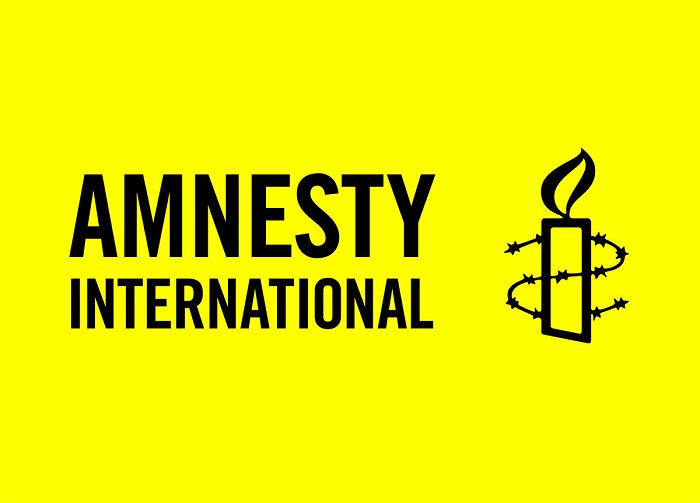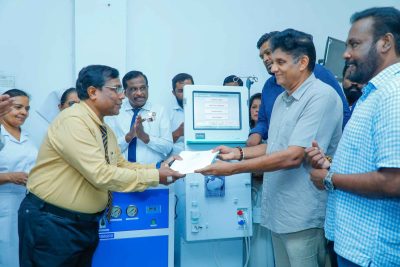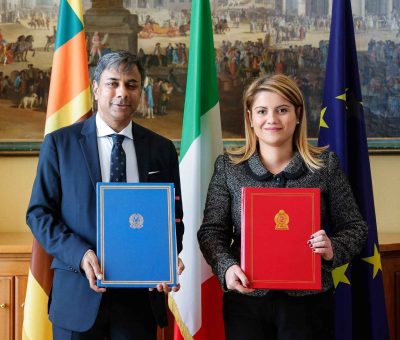
- Sri Lanka: End of mission statement of Amnesty International high-level Senior Director-led delegation to the country
Drawing attention to a number of human rights issues that he engaged on during his visit to Sri Lanka over the last week, Deprose Muchena, Senior Director for regional human rights impact at Amnesty International, said:
“At a time when many actors including some in the international community have chosen to turn a blind eye to the urgent human rights challenges in Sri Lanka, my visit to the country was an opportunity to listen to affected communities, understand their concerns and have their lived experience guide our work to protect and strengthen human rights in the country.
“We stand in solidarity with victims of human rights violations from across the island, many of whom I met and heard concerns from over the past few days. Amnesty International will continue to work to uphold and protect their right to freedom of peaceful assembly and freedom of expression. The victims of human rights violations in the context of the civil war and its aftermath as well as organizations working on enforced disappearances, must also urgently and genuinely be engaged by the government to hear their long-standing demands for truth, justice and reparation.
“With government we raised alarm bells around the proposed anti-terrorism legislation that is intended to replace the overboard Prevention of Terrorism Act (PTA). We maintained our call that any counter-terrorism provisions must be compliant with international human rights law. With the International Monetary Fund (IMF) we reiterated our concerns that the bailout package must meet minimum international human rights standards and not result in cuts to vital public goods and services at a time when Sri Lankans continue to suffer the impacts of an economic crisis. Any agreements and terms and conditions linked to the bailout decision should be made transparent and available for public scrutiny.”
The delegation thanks the Sri Lankan government for their availability during the visit, including President Ranil Wickremesinghe and Minister of Foreign Affairs Ali Sabry. We also extend our thanks to the members of Parliament from the opposition who took out the time to meet us. The delegation is particularly grateful to the mothers of the disappeared from the north and the east, members of the strong and resilient Sri Lankan civil society and Aragalya protest groups, and members of the fishing community for their time and sharing their valuable insights on a gamut of issues including the economic crisis, the right to protest, and transitional justice among others.




